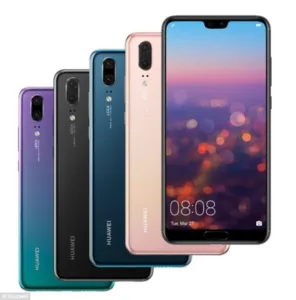
We’ve published a day early this week as we have a public holiday on Friday in most of Europe.
This week, there wasn’t one big story that dominated the news. Still, we managed to find some things to report on! The Huawei story in MDM is interesting (for LDM only subscribers, Huawei has a new phone, the P20 Pro that has a better camera than Apple or Samsung – or anybody else). Now, we all know that the best Chinese companies are developing well, but for a company to make a product that is better than the flagships (at least in the camera – which is the part that all smartphone companies are trying to differentiate with) from the two most successful, and incredibly dominant smartphone companies is a real achievement.
The US government says that it doesn’t trust Huawei, especially in the area of network infrastructure, and some service operators (e.g. AT&T which backed away from a deal to sell the Mate 10 Pro) and retailers including Best Buy are boycotting the brand. However, US consumers do not like to be told what to do and have trouble resisting the best product – especially when it is cheaper than the competition. European operators including Telefónica, Vodafone and Deutsche Telekom are offering the company’s products. So, we would expect that the company should have no problem continuing to develop and leave US consumers behind. However, I suspect that a lot will be unhappy about this! Other Huawei models are available in the US, so I’m sure that plenty will find their way in to the market, even though Huawei is not promoting the product in that market.
Of course, we shouldn’t really be surprised if the US thinks there might be hidden ‘back doors’ into Huawei’s equipment. After all, the US National Security Agency (NSA) has long had an operation, the Office of Tailored Access Operations (TAO), according to Wikipedia, that monitors and taps into networks when it needs data. The UK government is said to test Huawei equipment at the National Cyber Security Centre. The US could, of course, do the same, so many see the attribution of roadblocks to Huawei’s commercial progress in the US as ‘protectionism by another name’.
I have little time for the authoritarian government in China, but it seems to me that if the issue was really security, there might be better ways of tackling it. But, I suspect the motives of many governments, most of the time, so I suspect that this is just protectionism under a different guise. I wonder how US consumers will react, though? Grey market channels must be rubbing their hands with glee!
Bob

